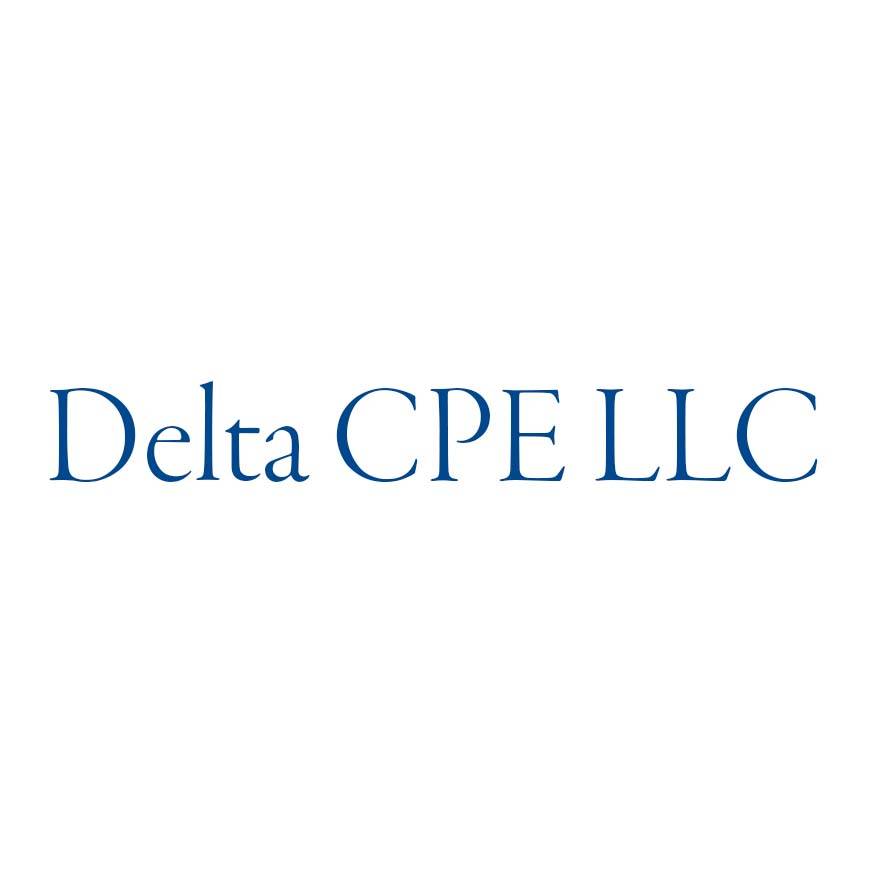

$203.00 – $233.00
Webcasts are available for viewing Monday – Saturday, 8am – 8pm ET.
Without FlexCast, you must start with enough time to finish. (1 Hr/Credit)
Accounting for Pensions & Post Retirement Benefits
Format
Self-Study
Course Level
Intermediate
CPE Credits
7 Credits: Accounting
Course Description
In 2021, the Congressional Research Service reported that over 70% of all U.S. workers have access to employer-sponsored pensions. The need to properly administer and account for pension funds is critical. There are very specific requirements for pension accounting and postretirement benefits. ASC 715 Compensation-Retirement Benefits provides guidance on financial reporting for employers who offer pension benefits to their employees. ASC 960 Plan accounting-Defined Benefit Pension Plans and ASC 962 Plan Accounting-Defined Contribution Pension Plans address the plan accounting standards for defined benefit plans and defined contribution plans respectively. Those detailed calculations of pension cost and reporting requirements produce a complex accounting standard.
This course is designed to help you navigate the complexities of this standard. It begins with an overview of the pension system in the U.S. discussing the nature of pension plans, plan participants’ activities, the classification of pension plans, and types of pension plans and their characteristics. It addresses the significance of pension federal laws, including the Employee Retirement Income Security Act, the Pension Protection Act, the Multiemployer Pension Reform Act, and the American Rescue Plan Act. This course also provides current coverage of the requirements for accounting and reporting on pension plans and postretirement benefits. It includes specific examples to illustrate the application. Relevant references to and excerpts from ASC 715, ASC 960, and ASC 962 are discussed throughout the course.
Learning Objectives
Upon successful completion of this course, participants will be able to:
- Identify the key provisions of pension federal laws;
- Distinguish between defined benefit and defined contribution plans;
- Identify the way to evaluate plan assets;
- Recognize various measures of pension obligations;
- Identify the components of pension expense;
- Recognize the pension assets (overfunded plan) and pension liabilities (unfunded plan);
- Identify the unique accounting practice of postretirement benefits; and
- Recognize the reporting requirements for the employer and pension plans.
Course Specifics
SS124367356
April 3, 2024
GAAP Accounting
None
197
Compliance Information
CMA Notice: Western CPE makes every attempt to maintain our CMA CPE library, to ensure a course meets your continuing education requirements please visit Insitute of Management Accountants (IMA)
CFP Notice: Not all courses that qualify for CFP® credit are registered by Western CPE. If a course does not have a CFP registration number in the compliance section, the continuing education will need to be individually reported with the CFP Board. For more information on the reporting process, required documentation, processing fee, etc., contact the CFP Board. CFP Professionals must take each course in it’s entirety, the CFP Board DOES NOT accept partial credits for courses.
Meet The Experts

For many years, Delta CPE LLC has offered a wide variety of continuing education courses for financial professionals. Topics covered by Delta’s courses include accounting, financial management, budgeting, investments, financial statement reporting, business management, IFRS, ethics, valuations, real estate, and business writing. The diversity and breadth of Delta’s course offerings make the company a prolific and unique contributor to the CPE world. Delta’s well-credentialed authors and contributors have also been published in numerous academic and professional journals and quoted by some of the leading financial media outlets.
Related Courses
-
 Accounting
Accounting
Accountants’ Guidebook
Steven M. Bragg, CPA QAS Self-Study
Credits: 30 $600.00
QAS Self-Study
Credits: 30 $600.00$600.00 – $640.00
-
 Accounting
Accounting
GAAP Guidebook
Steven M. Bragg, CPA QAS Self-Study
Credits: 29 $580.00
QAS Self-Study
Credits: 29 $580.00$580.00 – $620.00
-
 Accounting
Accounting
Accounting Fraud: Recent Cases
Joseph Helstrom, CPA QAS Self-Study
Credits: 1 $29.00
QAS Self-Study
Credits: 1 $29.00$29.00 – $49.00
